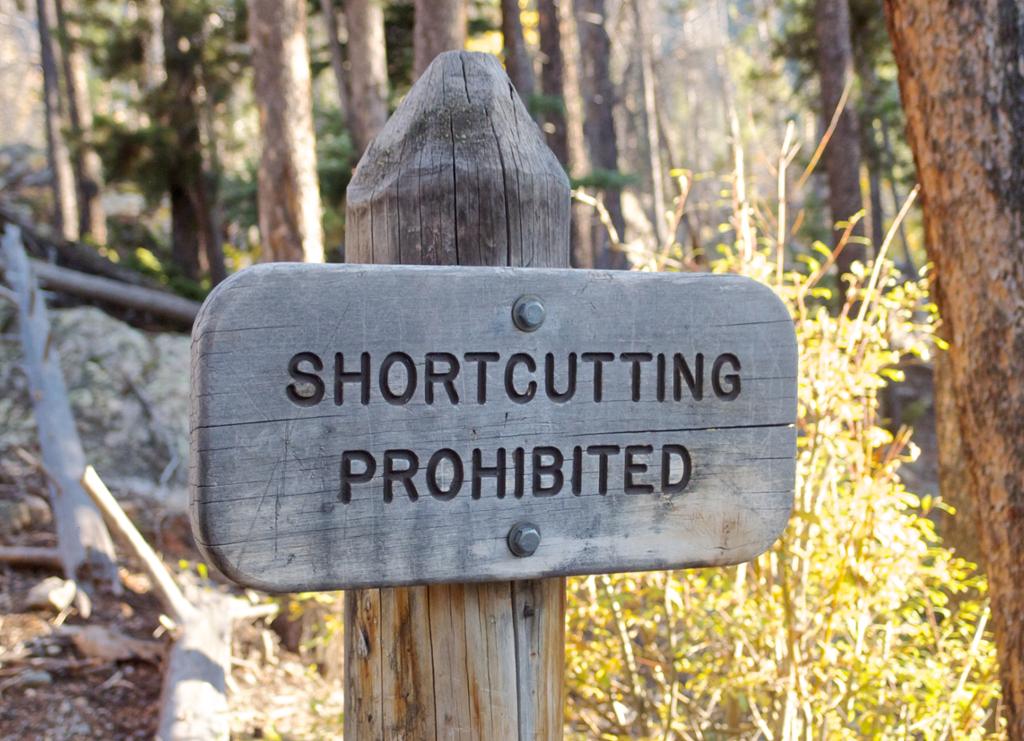Academic Honesty - What's the Big Deal?

Having academic honesty, or integrity, means doing the right thing, even when no one is looking. It means writing your own paper even though your friend offers to help you. It means not making up information and results that fit your hypothesis. It means properly citing your sources and always being transparent in everything you write. It may even mean reporting someone if you suspect they are cheating. Academic honesty means acting with the values of honesty, trust, fairness, respect, and responsibility in learning, teaching, and research. It is, quite simply, the foundation of good academic work.
The consequences of cheating, plagiarism, unauthorised collaboration, and other forms of academic dishonesty can be very serious for you as a student and for the academic community as a whole.
For students who cheat or falsify data, it could result in a failing grade and suspension from the university for up to a year. It also sends a message that you are not to be trusted, and this may result in you losing opportunities and responsibility at the university or later in working life. Most importantly, by taking the easy way out, you would lose an opportunity to increase your knowledge and build higher competence in your field of expertise.
Academic dishonesty will also damage the reputation of learning institutions, and they will become less attractive to future students and especially prospective employers. The best teachers and best students could be looking for other places to share their knowledge and learn more.
But perhaps the most serious consequence of academic dishonesty is that it undermines the hard work of professional authors, the domain of education, and the academic world in general. We live in a knowledge-based world, but also in a world of mis- and disinformation. Never before has it been more important to be able to trust the work of experts and scientists. Stealing a person's ideas or fabricating data hinders the pursuit of knowledge and will eventually reduce the trust in academia.
This film will give you more information about academic honesty - what you, as a student, need to remember and which pitfalls you should avoid.
When you have watched the film, move on to the tasks where you can discuss the film and other aspects of academic integrity.
Guoskevaš sisdoallu
Why is academic honesty so important?